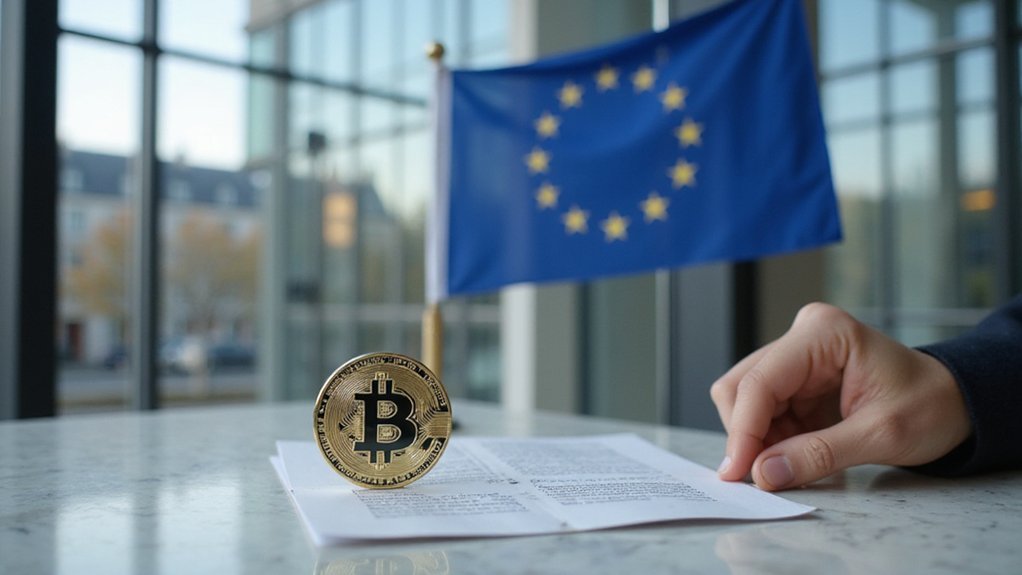In a landmark development for the cryptocurrency regulatory landscape, Bitstamp has secured a Crypto Asset Service Provider (CASP) license under the European Union’s Markets in Crypto-Assets (MiCA) regulation from Luxembourg’s Commission de Surveillance du Secteur Financier (CSSF). The approval, announced on May 16, 2025, positions the veteran exchange—one of the world’s longest-running crypto platforms—at the vanguard of regulatory compliance in Europe’s evolving digital asset ecosystem.
The MiCA license confers significant competitive advantages, particularly the European Passport privilege allowing Bitstamp to operate seamlessly across the EU and European Economic Area without traversing the labyrinthine process of securing individual country approvals.
This regulatory clearance represents Bitstamp’s second major EU credential, following its earlier MiFID license for operating a Multilateral Trading Facility—a progression that speaks volumes about the exchange’s commitment to legitimacy in a sector not always renowned for its regulatory enthusiasm.
MiCA itself creates a unified regulatory framework across EU member states, eliminating the legal patchwork that has historically bedeviled crypto operations in Europe. The regime demands stringent anti-money laundering protocols, robust KYC procedures, and transparent operational practices—requirements that Bitstamp, with its established compliance infrastructure, appears well-positioned to satisfy. Founded in 2011, Bitstamp brings its prominent trading experience to the table while navigating these regulatory milestones.
The license mandates several operational safeguards, including clear disclosures and proper segregation of assets—elements that, one might observe, should have been industry standards long before regulators made them compulsory. For stablecoin offerings, the framework imposes reserve backing and issuer transparency obligations that may prove transformative for the sector’s risk profile.
Beyond compliance, the MiCA license serves as a trust signal to institutional investors still wary of crypto’s regulatory ambiguities. The regulation, which became effective since 2023, represents the EU’s comprehensive approach to governing previously unregulated crypto-assets while enhancing market integrity.
Bitstamp can now offer trading, execution, and custody services throughout the EU under a framework explicitly designed for digital assets.
As European regulators continue constructing guardrails around the crypto industry, Bitstamp’s early adoption of the MiCA framework demonstrates foresight that may yield dividends in market share and institutional acceptance.









